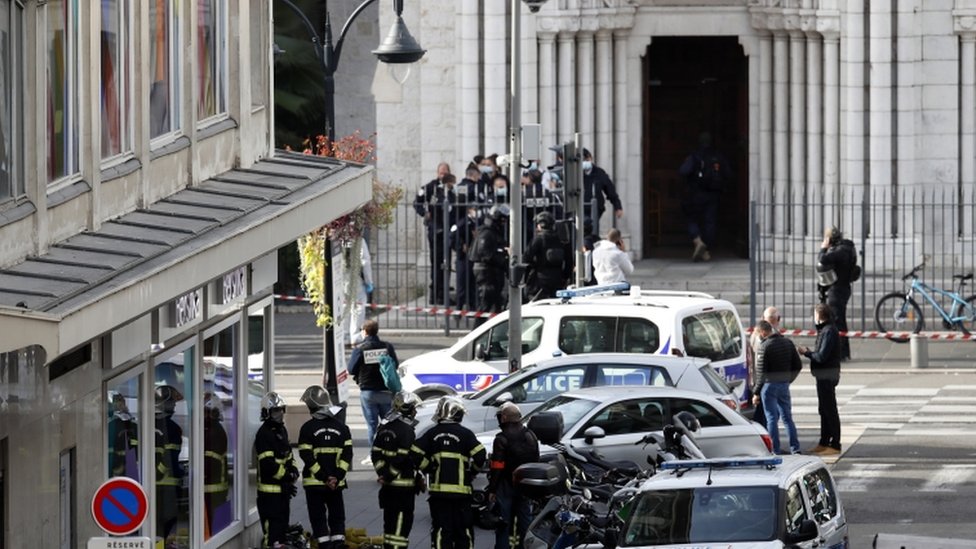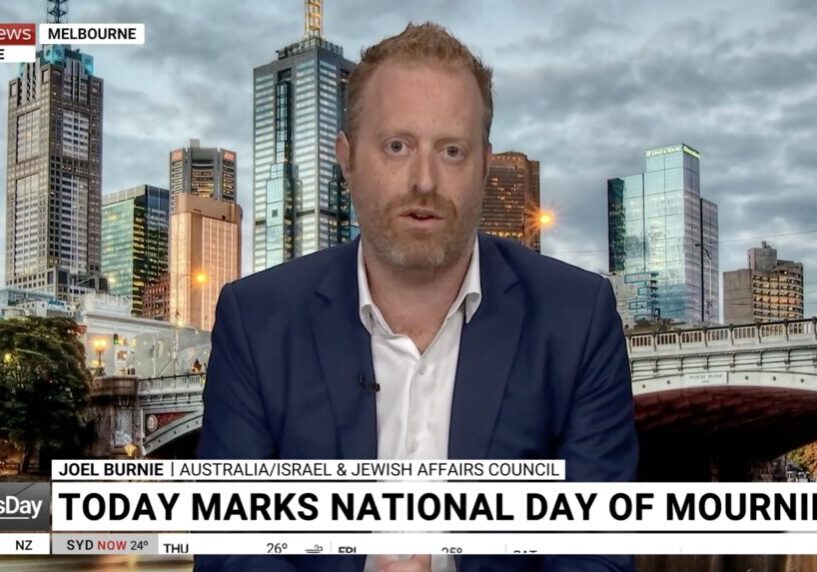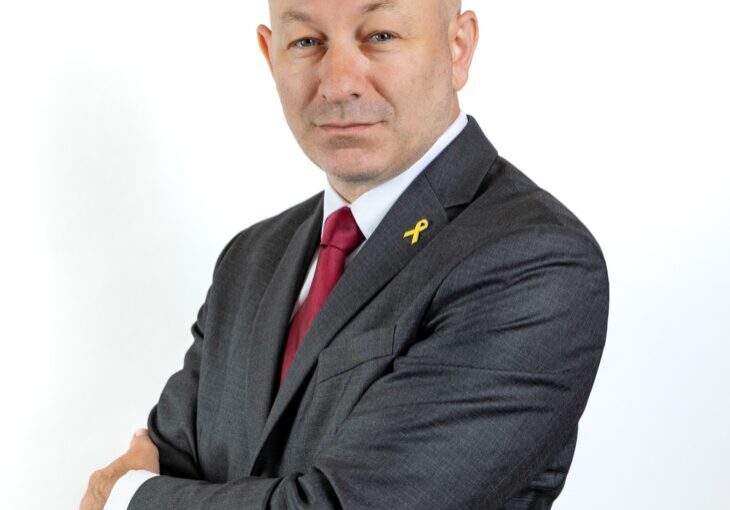Australia/Israel Review
Deconstruction Zone: Does Secularism fuel Islamist terror?
Nov 24, 2020 | Seth Frantzman

A man who beheaded a person in a church in Nice, France was radicalised by a recent controversy over another beheading in France. The chain of events shows that terrorists thrive off rumours of religion being “insulted” to then attack other religions, which would appear contradictory since media reports indicated that French “secularism” was to blame for the attacks. The attacks on French churches are not unique; terrorists have targeted them in the past, killing a priest in 2016.
Several media analyses and commentaries have pointed to France’s “extreme form of secularism” as the reason that terrorists are “angry” at France. However, the terror attacks look a lot more like hate crimes against Christians, including the attack on a church in al-Tabqah in Syria, than they do a protest against French “secularism”.
It is worthwhile to unpack the false claim that French “secularism” causes terror attacks. If that was the reason for attacks, then one would think that secular symbols of the French state would be targeted. That’s usually how terrorism is supposed to work. Because we are told terrorism is about getting attention through symbolic acts of violence, then the terror group should target the symbol of the state or thing that it is against.
However, there are few examples of these “terrorists” attacking institutions of the state in France. They don’t attack nude statues either. They attack churches. And they don’t only do it in France; attackers tend to target churches and Christians worldwide. If the extremists are radicalised by being offended over “blasphemy” and insults to their faith, then why is the response to attack religious buildings and innocent religious people?
In January 2015, after supposedly offensive cartoons were published in France, there were attacks on 45 churches in Niger. The churches had no connection to the cartoons, and Charlie Hebdo is not a Christian magazine. In short, the secularism that drives critiques of religion tends to target Christianity and Islam, and yet the extremist response is to kill Christians and bomb churches.
Similarly, the response from Iran, Malaysia and other countries has been to deny the Holocaust. This points to a reaction that is not about being offended over cartoons, but rather a wellspring of hatred against Jews and Christians in many countries and communities by Islamist extremists who seek any excuse to carry out hate crimes against religious minorities.
It is important to understand how this toxic blend of media-driven hype over the “insult to religion” leads to attacks on minorities all over the world under the guise that extremists are “angry at secularism.”
The reality is not that French secularism caused offence, but that religious extremists linked to global Islamist movements have taught generations of young men to hate Christians, Jews, Shi’ites, Kurds, Ahmadis, Yazidis, Hindus, Sikhs, Buddhists and other groups – and that every controversy is used as an excuse to kill these groups, often targeting their houses of worship.
That is why synagogues have been targeted from Tunisia to Morocco, Turkey, Israel and elsewhere. It is why Christians were attacked on Palm Sunday in Egypt in 2017, on Easter in Sri Lanka in 2019 and in Pakistan in 2016. This is why Hindu temples were burned in Bangladesh in 2013, 2016, 2019 and 2020, a Sikh temple was targeted in Afghanistan in March 2020, Ahmadi mosques were targeted in 2010 in Pakistan and Shi’ite mosques were attacked in Afghanistan in 2016, 2018 and 2019.
The flood of increasing attacks on places of worship, almost all carried out by Islamist extremists, illustrates that the real insult to religion has not come from secularism in France but from far-right Islamist extremist groups that target religion worldwide. The French cartoon controversy was merely an excuse to radicalise men to conduct hate crime attacks on other religions, attacks that are part of the radicalisers’ ideology.
Seth Frantzman is a Ginsburg-Milstein Writing Fellow at the Middle East Forum and senior Middle East correspondent at the Jerusalem Post. © Jerusalem Post (jpost.com), all rights reserved, reprinted by permission.
Tags: Europe, Islamic Extremism, Terrorism






